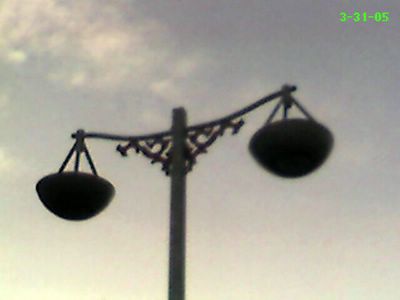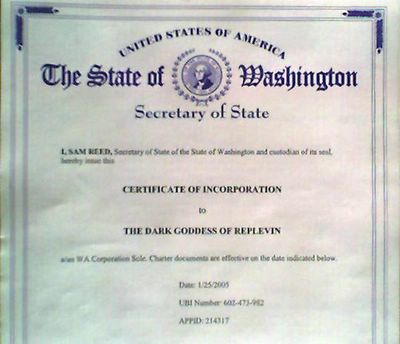For light reading while I have been in trial I have been reading Mark Epstein's
Open to Desire, which is a book arguing that a close reading of Freud and the Buddha on desire (of all sorts) supports a proposition that desire is good, in contrast to conventional Western AND Eastern religious thought that desire is bad and renunciation the path to salvation.
That's a pretty quick summary of the book, but my purpose here is not to review the book but reflect on whether the distinction between
desire and
craving might be a valid one.
As I understand Buddhist thought, particularly as described by Epstein, the ability to tolerate unsatisfied desire, and the ability to tolerate the disappointment one feels following the satisfaction of desire, can constitute the path to enlightenment. Epstein advocates applying mindfulness and equanimity to desire in the same way that one applies them to any other object of meditation.
And that makes sense, because the object of contemplation is ultimately the world. One can crave the world, or one can reject the world, but the Middle Way--the hardest--is to enjoy the world, and then to let it go.
And that put me in mind of Faust.
My recollection of
Goethe's version of the story of Faust, which I've never really liked, is that Mephistopheles and Faust make a bet that Faust can never be presented with an event in life that makes him say, "Oh, moment, stay! You are so fair!" My recollection was that Faust says this as an old man when he catches sight of Gretchen, but that Gretchen ends up redeeming him in the way of many old stories.
The truth about the Faust story is more interesting, although hopelessly muddled (talk about your
loose baggy monsters). Faust never does reach the point, it appears, where he utters that statement.
My question, upon reflecting on this story, is: using Epstein's analysis, were Faust to say, "Oh, moment, stay!" would he be experiencing craving, at that point? Or would he merely (I say ironically) be fully experiencing desire? And does an attitude of "appreciative joy," or
mudita, counteract craving? Is mudita, therefore, an aspect of desire?
More to the point: in composing an email tonight I inadvertently wrote "persistent meditative state" when I meant "persistent vegetative state." Perhaps it's time to go to bed.







